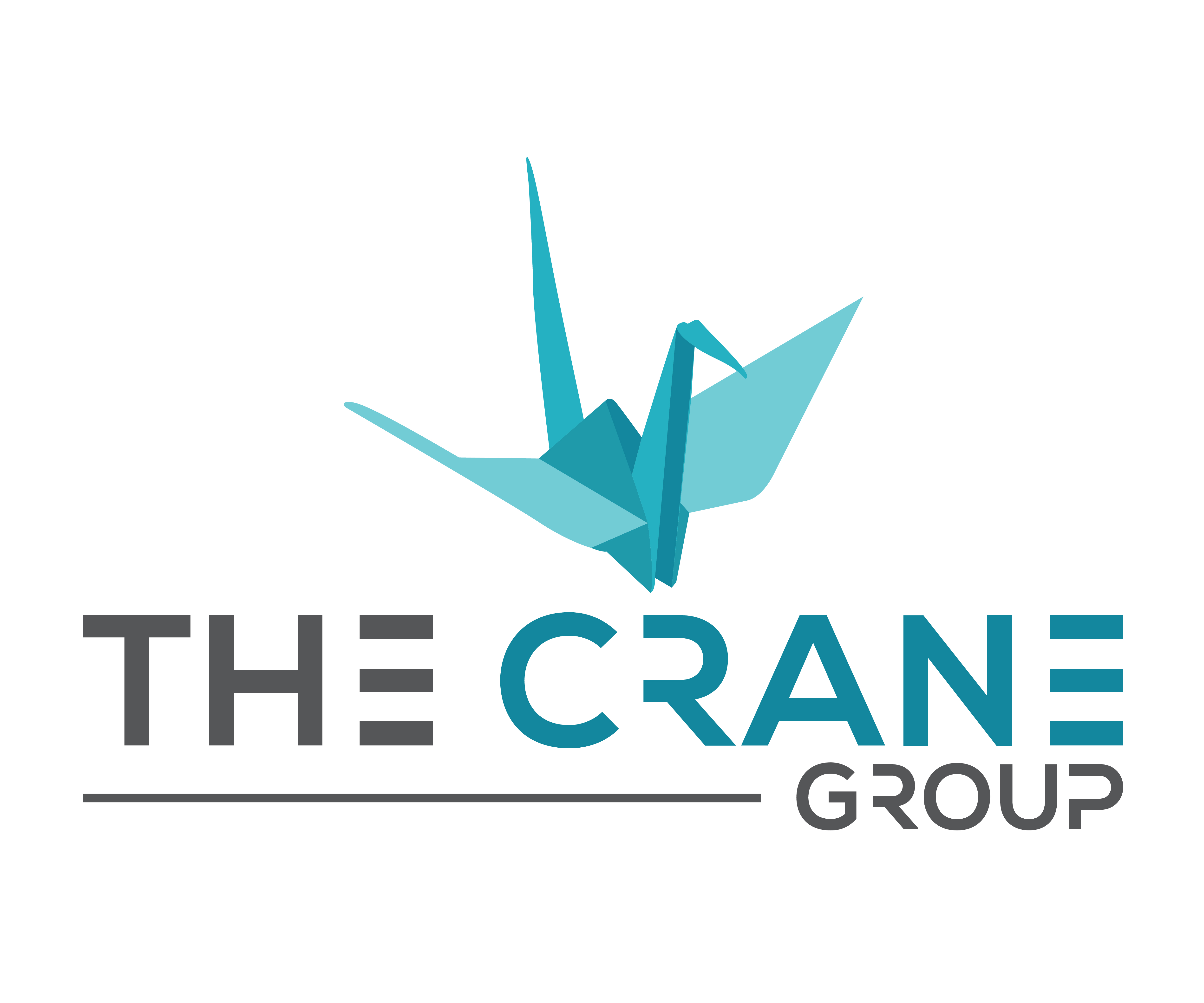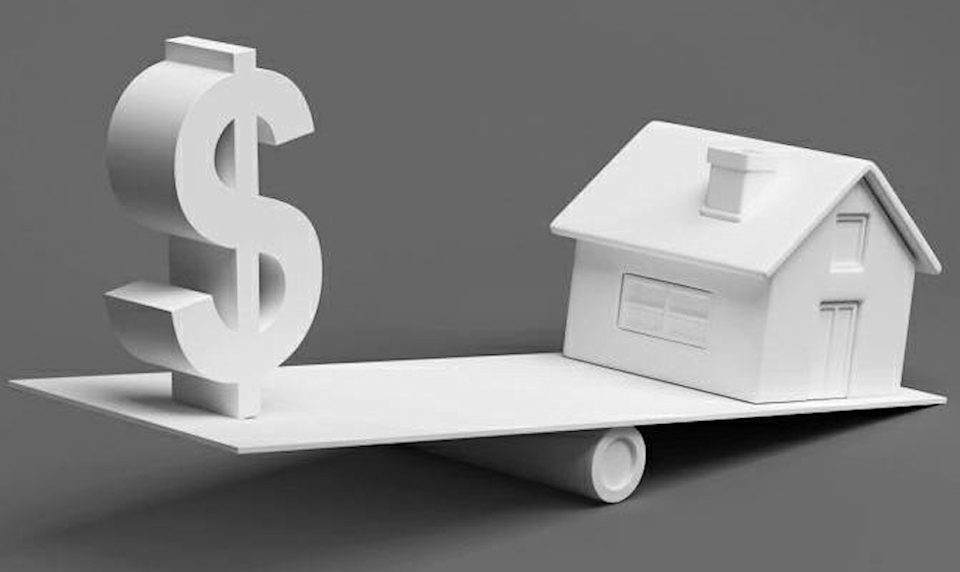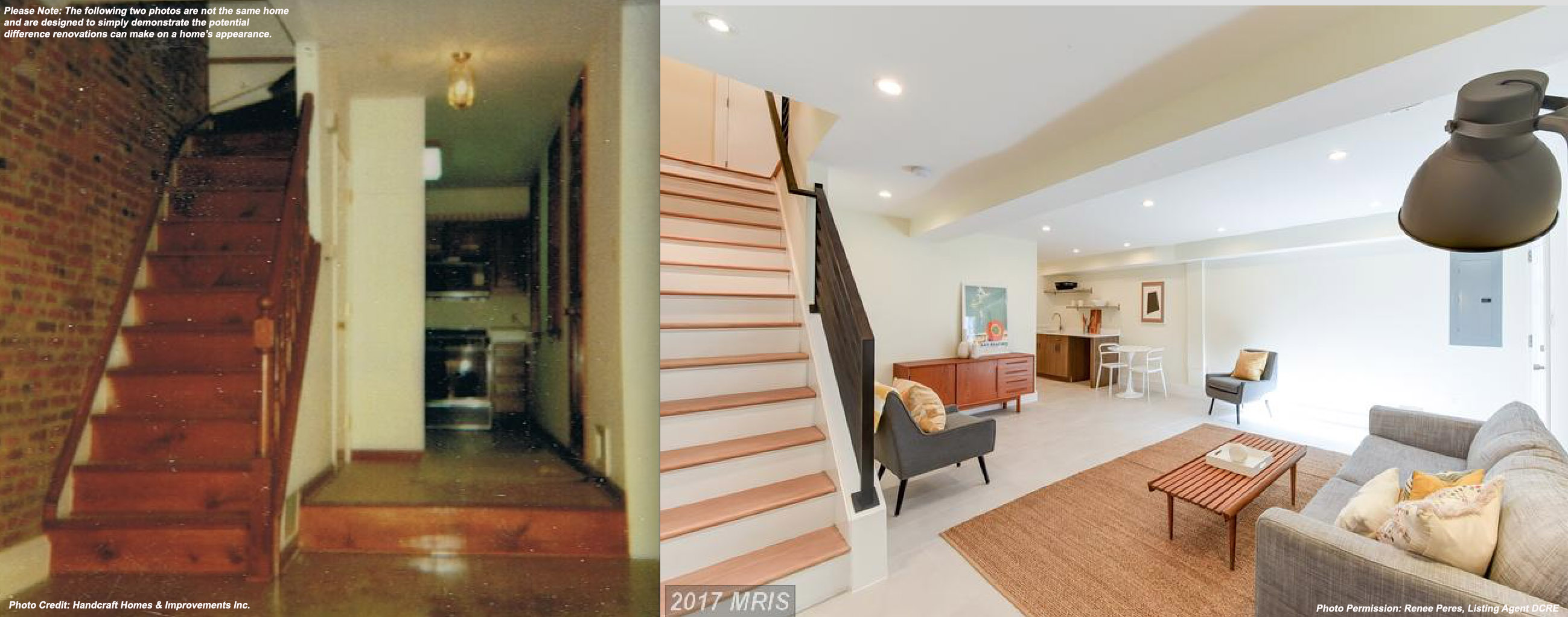Loan Origination Fee: The loan origination fee is often referred to as “points.” One point is equal to one percent of the mortgage loan. As a rule, if you are willing to pay more in points, you will get a lower interest rate. On a VA or FHA loan, the loan origination fee is one point. Anything in addition to one point (on government loans) is called “discount points.”
Loan Discount: On a government loan, the loan origination fee is normally listed as one point or one percent of the loan. Any points in addition to the loan origination fee are called “discount points.” On a conventional loan, discount points are usually lumped in with the loan origination fee.
Appraisal Fee: Since your property serves as collateral for the mortgage, lenders want to be reasonably certain of the value and they require an appraisal. The appraisal looks to determine if the price you are paying for the home is justified by recent sales of comparable properties. The appraisal fee varies, depending on the value of the home and the difficulty involved in justifying value. Unique and more expensive homes usually have a higher appraisal fee. Appraisal fees on VA and FHA loans are higher than on conventional loans because they require the appraiser to inspect items not strictly associated with value.
Credit Report: As part of the underwriting review, your mortgage lender will want to review your credit history. The credit report can be as little as seven dollars, but normally runs between $21 and $60, depending upon the type of credit report required by your lender.
Lender’s Inspection Fee: You normally find this on new construction and is associated with what is called a 442 inspection. Since the property is not finished when the initial appraisal is completed, the 442 inspection verifies that construction is complete with carpeting and flooring installed.
Mortgage Broker Fee: About seventy percent of loans are originated through mortgage brokers and they will sometimes list your points in this area instead of under Loan Origination Fee. They may also add in any broker processing fees in this area. The purpose is so that you clearly understand how much is being charged by the wholesale lender and how much is charged by the broker. Wholesale lenders offer lower costs/rates to mortgage brokers than you can obtain directly, so you are not paying “extra” by going through a mortgage broker.
Tax Service Fee: During the life of your loan you will be making property tax payments, either on your own or through your impound account with the lender. Since property tax liens can sometimes take precedence over a first mortgage, it is in your lender’s interest to pay an independent service to monitor property tax payments. This fee usually runs between $70 and $80.
Flood Certification Fee: Your lender must determine whether or not your property is located in a federally designated flood zone. This is a fee usually charged by an independent service to make that determination.
Flood Monitoring: From time to time flood zones are re-mapped. Some lenders charge this fee to maintain monitoring on whether this re-mapping affects your property.




